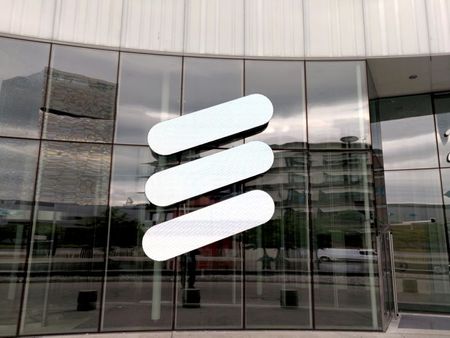Ericsson chair starts ISIS probe but backs backs Borje Ekholm as CEO

Ericsson chairman revealed this morning that a comprehensive review was underway following the company’s potential payments to the Islamic State in Iraq.
Belgian businessman Ronnie Leten said that the review was being headed by the company’s newly appointed chief legal officer, Scott Dresser, who was replacing Xavier Dedullen, who has held the position since 2018.
The Ericsson chairman also stated that the company’s chief executive Borje Ekholm had the board’s full confidence, despite recommendations that shareholders should oust him ahead of the firm’s annual general meeting next week.
It comes after more than $5bn (£3.8bn) was wiped from Ericsson’s market value following its explosive admission last month that it may have made payments to Islamic State (ISIS) based on “unusual expense claims in Iraq” dating back to 2018.
In a lengthy statement on the telecom gear maker’s website, it said that during an internal investigation it identified payments made to intermediaries, as well as the use of alternate transport routes in connection with “circumventing Iraqi Customs at a time when terrorist organizations, including ISIS, controlled some transport routes”.
Some of these activities include employees making donations without a clear beneficiary and paying suppliers without proof of documents.
However, the firm stated that it “could not identify that any Ericsson employee was directly involved in financing terrorist organisations”, but did admit that some employees “were exited from the company”.
Ericsson’s chief Ekholm told the newspaper Dagens Industri at the time that the Swedish company hadn’t been able to determine the final recipients of these payments.
On top of this, a leaked Ericsson report seen by BBC News Arabic last month revealed that Ericsson put contractors’ lives at risk by insisting they continued working in territory controlled by ISIS group in Iraq, resulting in workers being kidnapped by militants.
Ericsson is a notably key player in the rollout of 5G networks in the UK, having replaced Chinese telecoms firm Huawei after security concerns